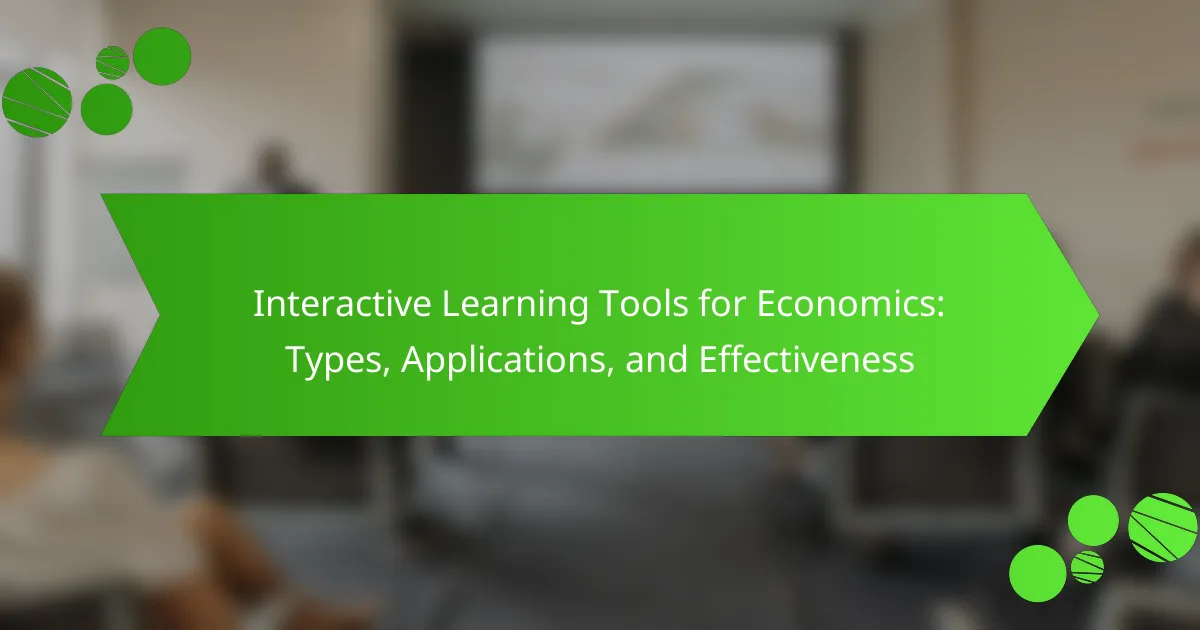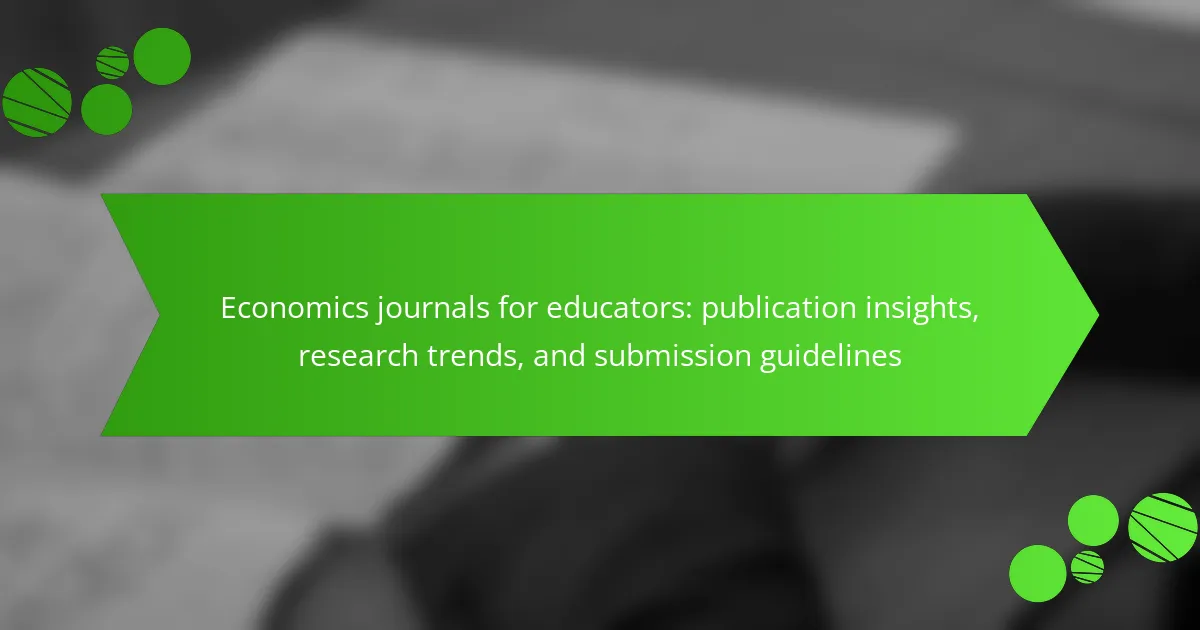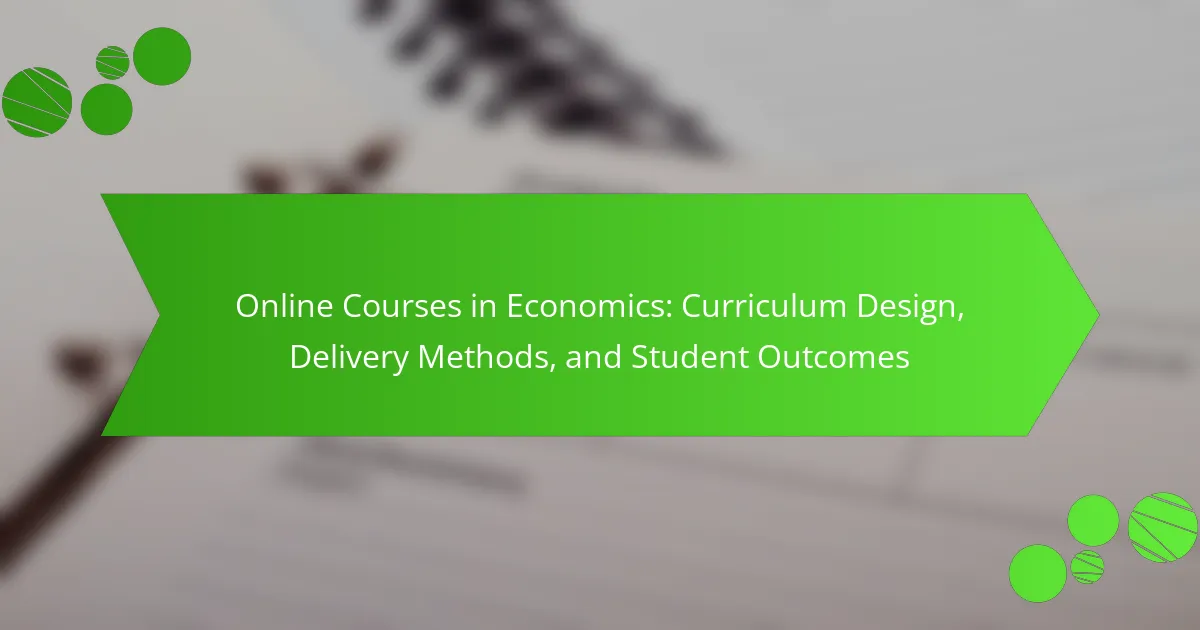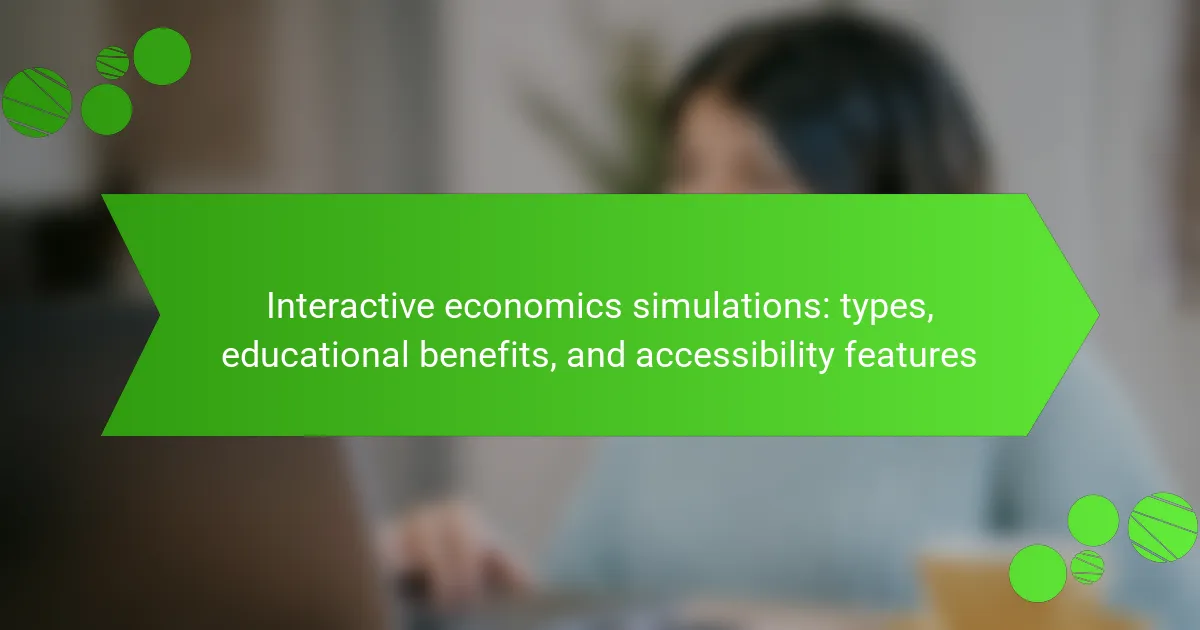
Interactive Learning Tools for Economics: Types, Applications, and Effectiveness
Interactive learning tools for economics are digital resources such as simulations, games, and interactive software that enhance the understanding of economic concepts. These tools facilitate active engagement with economic theories, with examples including quiz-based platforms like Kahoot and Quizlet, as well as real-time market simulations like MarketPlace. Research indicates that these interactive tools significantly improve…








